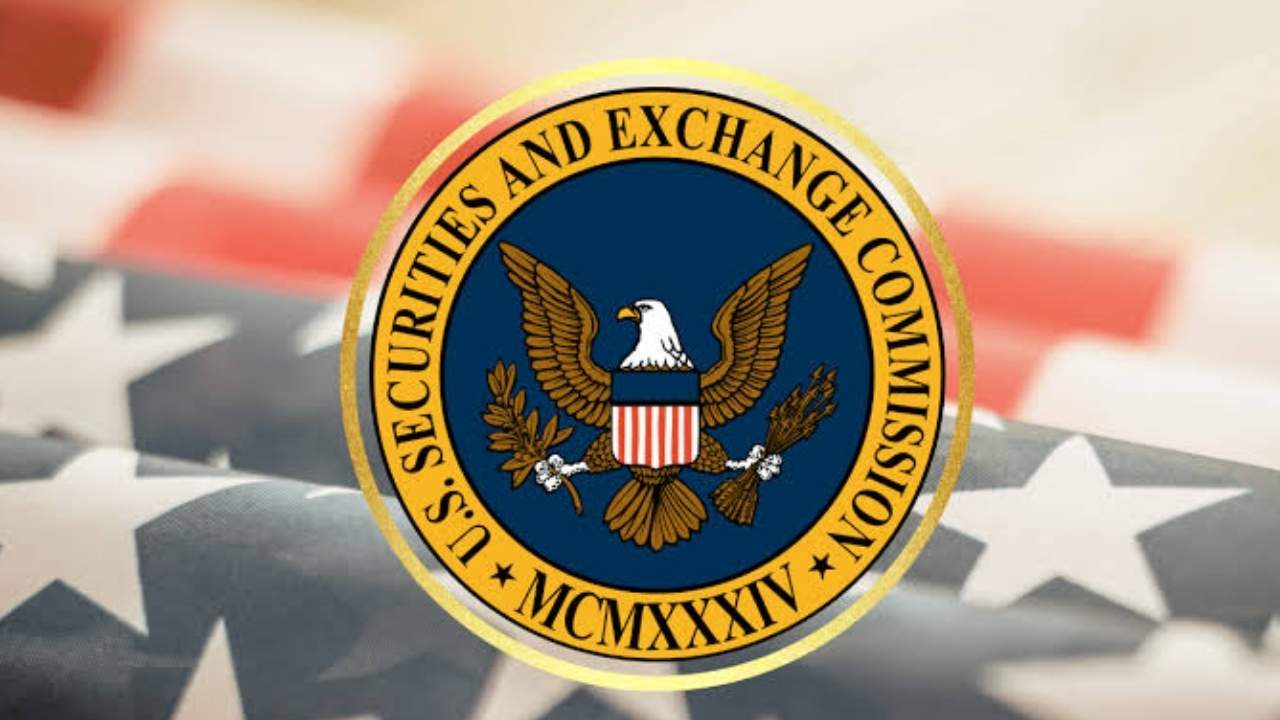SEC Approves Generic ETF Standards for Digital Assets Market

The United States Securities and Exchange Commission (SEC) has approved new rules for listing Commodity-Based Trust Shares, which now cover digital assets, including cryptocurrencies. The decision will now make it easier and faster for exchange-traded funds (ETFs) to get approved, allowing for more assets beyond just Bitcoin and Ethereum, while still protecting investors.
This recently announced action, under the leadership of Chairman Paul Atkins, represents a shift from previous approaches, making the market more transparent and more attractive to investors.
SEC’s Landmark Rule Change
The SEC’s new rules apply to major stock exchanges like Nasdaq, NYSE Arca, and Cboe BZX. These rules enable the listing and trading of exchange-traded funds (ETFs) and other similar products that hold real commodities, including digital assets, without requiring separate approval for each one.
Qualifying security products can now be approved more quickly under Rule 19b-4(e). If specific requirements are met, the approval process can be completed in as little as 75 days. This method involves rigorous market monitoring, strict custody rules, and enhanced disclosures.
To qualify for the faster process, a digital asset must be traded on a regulated market and should have at least six months of trading history on a designated futures market. Alternatively, it can be part of an existing ETF with at least 40% of its net asset value (NAV) in that asset.
Impact on Digital Assets Market
The change is essential because it shows that the SEC is being less cautious about crypto ETFs. In the past, the SEC took a long time to review these products because it was worried about market manipulation and wanted to protect investors. Now, new general standards will allow more crypto products to be approved without needing individual reviews for each one.
The U.S. is moving closer to the European Union’s MiCA framework and Hong Kong’s crypto licensing rules. The shift will help to strengthen the U.S.’s role in regulating digital assets. Under Chairman Paul Atkins, the government has made it easier for investors in the crypto space by lowering regulatory hurdles.
For example, earlier this month, in July, the SEC provided clear rules about what must be disclosed for crypto exchange-traded products. This guidance clarifies how federal securities laws apply, encouraging innovation while remaining compliant.
These actions, under Atkins’ leadership, represent a shift from previous approaches, making the market more transparent and more attractive for investors.
The post SEC Approves Generic ETF Standards for Digital Assets Market appeared first on Cointab.
You May Also Like

Shocking OpenVPP Partnership Claim Draws Urgent Scrutiny

Why It Could Outperform Pepe Coin And Tron With Over $7m Already Raised
